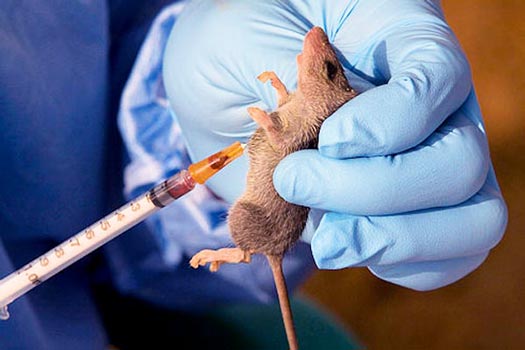 Following the confirmation of at least 60 cases of Lassa fever across the country, the Federal Government has raised the alarm and activated emergency response centres, signalling the official declaration of the outbreak of the disease.
Following the confirmation of at least 60 cases of Lassa fever across the country, the Federal Government has raised the alarm and activated emergency response centres, signalling the official declaration of the outbreak of the disease.
A statement issued on Tuesday by the Director-General of the Nigeria Centre for Disease Control (NCDC), Dr. Chikwe Ihekweazu said there had been an increase in Lassa Fever cases across the country since the beginning of this year.
The statement read: “As at 13 January 2019, a total of 60 confirmed cases have been reported in eight states.”
“Given this increase in reported cases of Lassa fever, the Nigeria Centre for Disease Control (NCDC) has declared this an outbreak and activated an Emergency Operations Centre (EOC) to coordinate the response,”
The EOC is comprised of representatives from the World Health Organization (WHO), Federal Ministry of Agriculture and Rural Development, Federal Ministry of Environment, the United States Centre for Disease Control as well as other partners.
Dr. Ihekweazu explained that the NCDC has been providing support to states, including the provision of emergency supplies and deployment of Rapid Response Teams (RRT).
He said the RRTs would work with states in the areas of response coordination, contact tracing, case management, risk communication as well as strengthening infection prevention and control practices.
“Since the Lassa fever outbreak in 2018, NCDC has worked with states to ensure better preparedness and improved response. In the last one year, guidelines have been revised, new data management tools have been developed and the laboratory network has been strengthened.
“Additionally, risk communications have been strengthened through radio, posters, flyers and social media. A national research plan has been developed, to enable its full integration into the outbreak response to gain a better understanding of the disease,” he added.
Epidemiological data show that the disease, which is an acute viral haemorrhagic illness transmitted to humans through contact with food or household items contaminated by infected rodents usually occurs during the dry season – between January and April.
Person-to-person transmission can also occur, particularly in a hospital environment in the absence of adequate infection control measures.

IGP Deploys Tactical Assets To Plateau After Deadly Attacks
Rivers State Sole Administrator Ibas Appoints LGA Heads
NOC Meets Deadline For 2030 Commonwealth Games Expression Of Interest
INEC Rejects Petition To Recall Senator Natasha Akpoti-Uduaghan